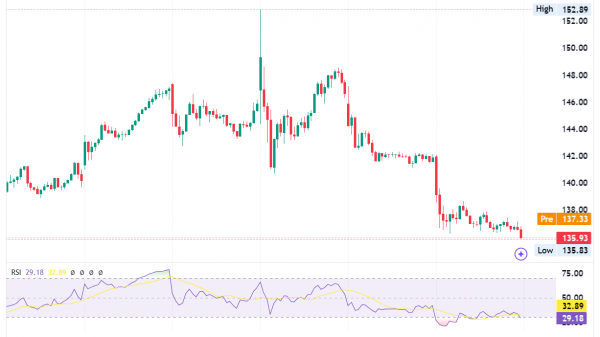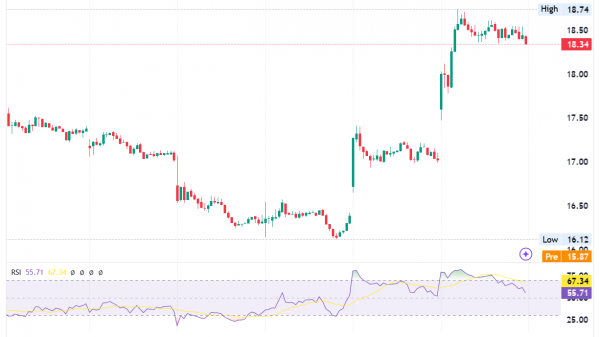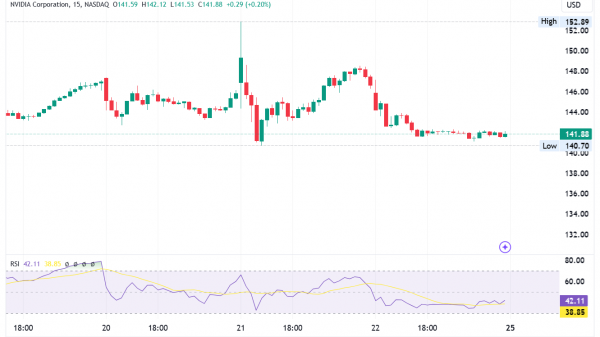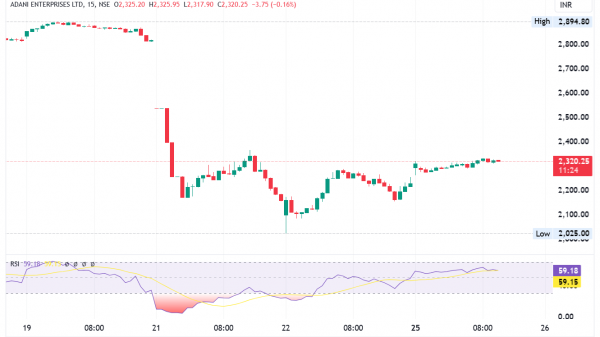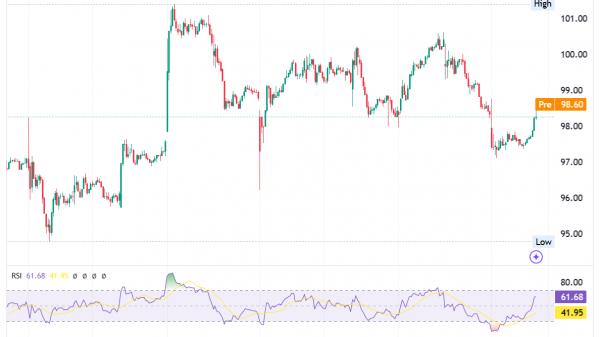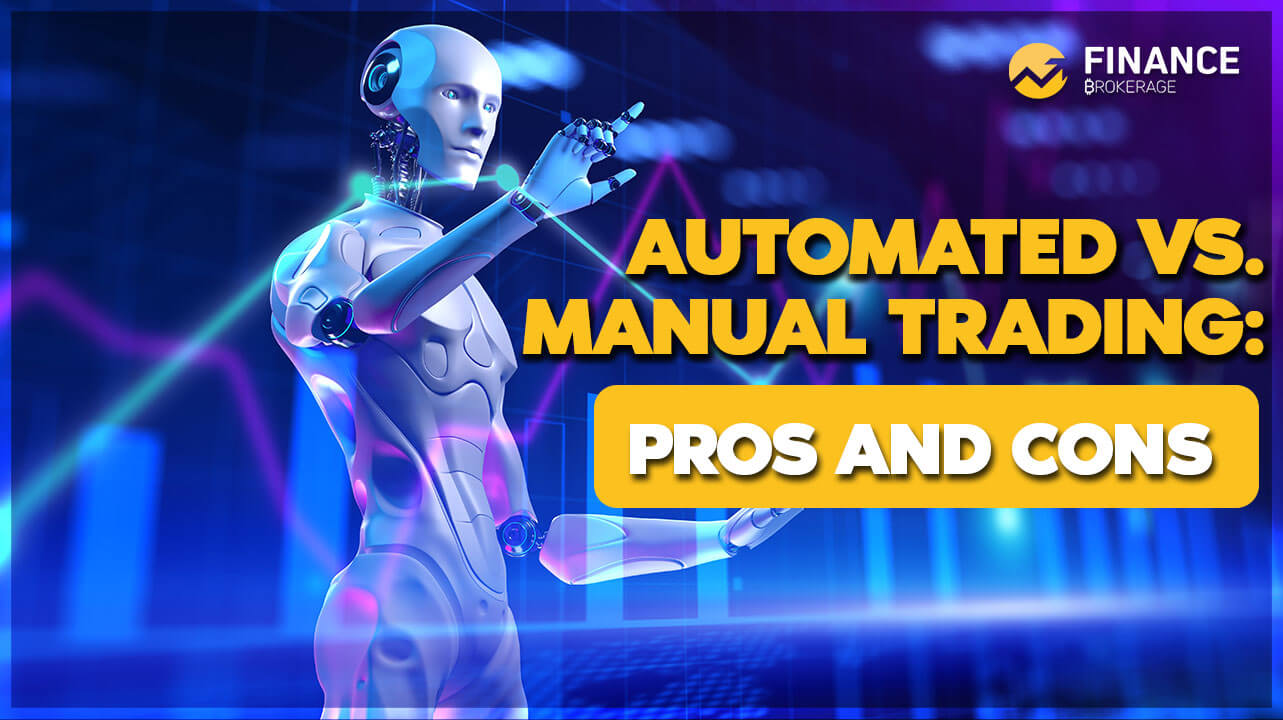Automated vs. Manual Trading: Pros and Cons
Trading systems act like blueprints by indicating an appropriate time and how to trade. They are essential tools for staying consistently profitable. The common trading classifications are Automated Trading and Manual Trading, which offer both benefits and disadvantages.
Automated trading or mechanical trading systems enable the establishment of specific trade entry and exit rules, which, once programmed, a computer will automatically execute.
Its features enable trade execution much faster than humans can react, which is crucial in high-frequency trading spaces. With its predefined rules and algorithms, it eliminates emotional biases, a factor that often causes poor decision-making in manual trading. Also, its programmed instructions reduce the risks of errors from manual input.
However, its cons include the requirement of technical expertise in programming, data analysis, etc. Over-optimization of trading strategies according to historical data can also lead to poor performance. In addition, automated trading could struggle to adapt to unexpected market events.
The other category, manual trading, is a process wherein human decision-making for entering and exiting trades plays a vital role.
Manual traders can quickly adapt to market fluctuations, current events, etc. Moreover, this approach encourages traders to learn and improve their strategies continuously. Additionally, manual trading can deal with complex trading scenarios that may be challenging for automated trading systems.
On the other hand, manual trading also carries risks. One disadvantage of manual trading is emotional biases, which can cloud judgment or result in irrational trading decisions. Delays in executing trades can lead to missed opportunities, and the need for constant market monitoring for trade decision-making can cause fatigue or burnout.
It’s important to learn both the strengths and weaknesses of automated and manual trading to determine which one better suit one’s trading style, skill level, risk tolerance, and personal preference.
The post Automated vs. Manual Trading: Pros and Cons appeared first on FinanceBrokerage.















